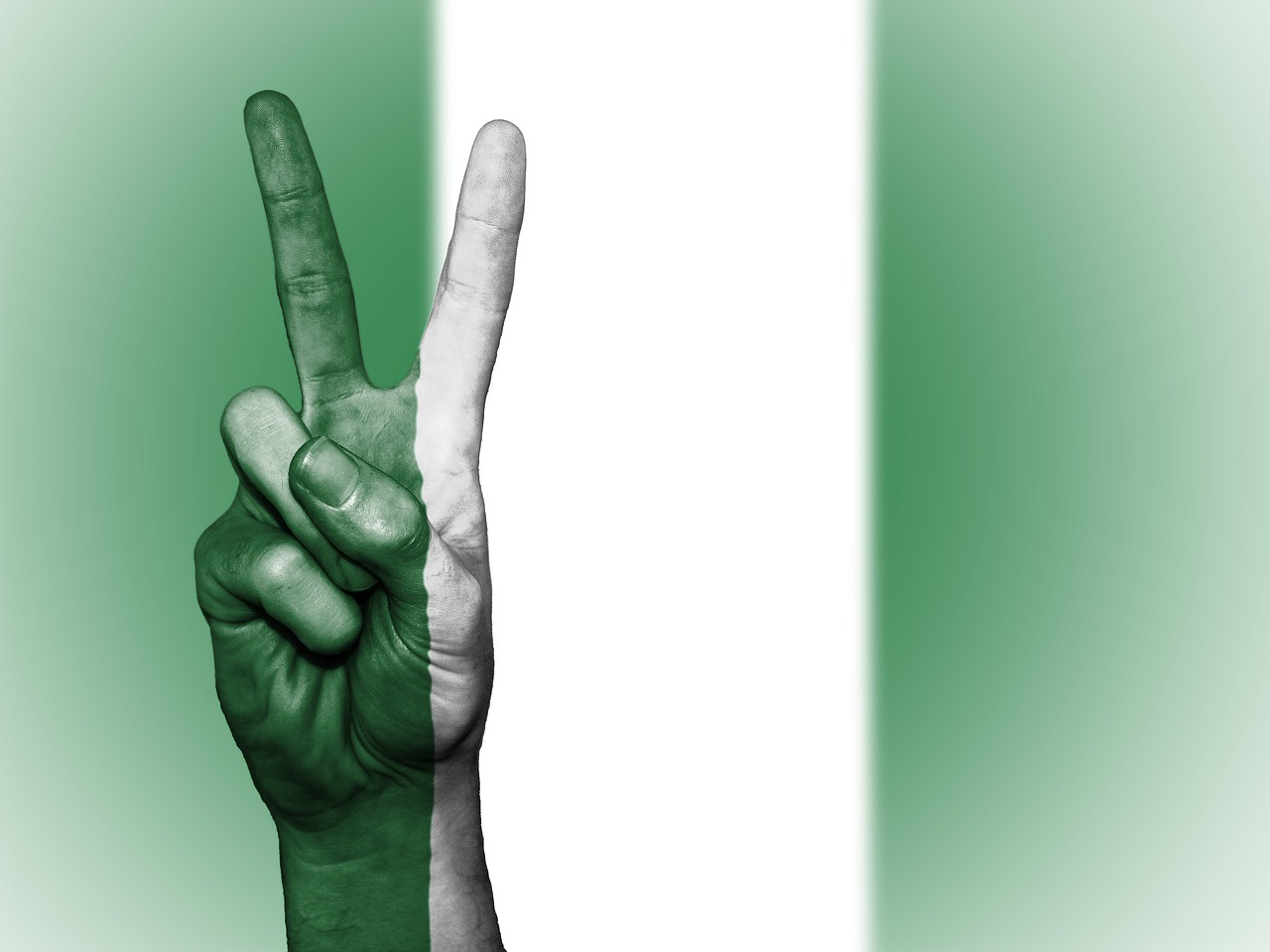For a couple of weeks now, there has been a buzz on the Nigeria cyber way about raising the minimum wage that is earned by an average worker in Nigeria. Nigeria happens to be among the countries with the lowest minimum wage in the world (18,000 which is equivalent to $50 when using the parallel market price.) With the Nigeria Labour Congress (NLC) proposing the sum of 65,000 naira to be adopted as a Minimum wage, one could easily understand the main reason behind such proposition. A minimum wage is meant to cover a workers’ Health Insurance, food, transport and the cost of shelter. However, taking a look at the break down of the current minimum wage (18,000 naira), when divided by 30 days, you get 600 naira/day; which is not even enough to take care of an average worker’s feeding and transport per day.
While the new minimum wage proposed by the NLC will be of good advantage to Nigerians at large, meanwhile it might also pose a threat in the aftermath due to the following reasons:
RECOVERY FROM RECESSION:
Due to the fact that the Nigeria economy is still recovering from its previous state of recession, mounting on it the pressures of increment in the minimum wage bill may prove to be fatal.
According to the lead director, Centre for Social Justice (CENSOJ), Eze Onyekpere, “implementing the 65,000 minimum wage may not be realistic, If one is looking at the narrow view of today’s finances and state of the country’s economy, you will realize that the economy has been struggling to stabilize, hardly able to assimilate further recurrent pressures, following its fragile recovery from one of its worst recessions in the country’s history in 2017”. – Premium Times
HYPER-INFLATION SCARE:
While the NUC request for a raise in the minimum is as a result of the current inflation trend, which has made it impossible for an average worker to cover his or her daily expenses. Raising the minimum wage can potentiate the inflation rate.
In 2018, a statistic from the Nigeria Bureau of Statistics put inflation rate in the second quarter of the year at 11.23 per cent. With the mismanagement of the economy on different sectors, if government increases minimum by over 200 per cent today, under one year, the economy is likely to slip into a hyper-inflation that will take everything and return the workers to square one.
IF APPROVED, CANNOT COMMENCE IN 2018:
A statement by the Ben Akabueze, the Director General, Budget Office of the Federation in January, states that the Federal Government may go for supplementary budget to implement the new minimum wage if approved by the law. –Eagle online With the year coming to an end, the possibility of putting it into effect is zero when approved.
THE HARSH TRUTH:
With the current state of the economy, the harsh truth is that the federal government may not increase the minimum wage up to 65,000 naira as proposed by the NLC. Should the federal government make the mistake of raising the minimum wage, Nigeria should be ready for another round of recession.
The Good news is that while the government may not be able to fully heed our request, at least they may consider to slightly increase to the minimum wage while our economy gradually recovers.































